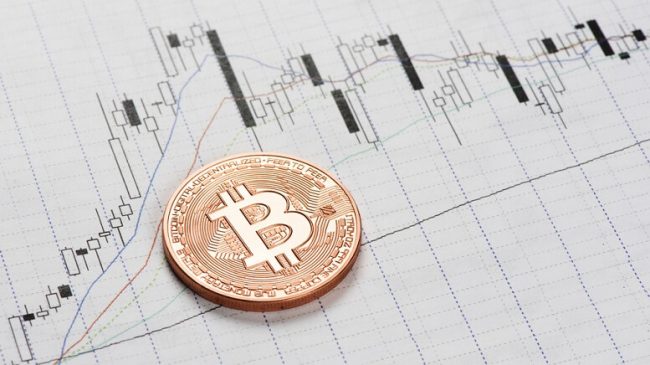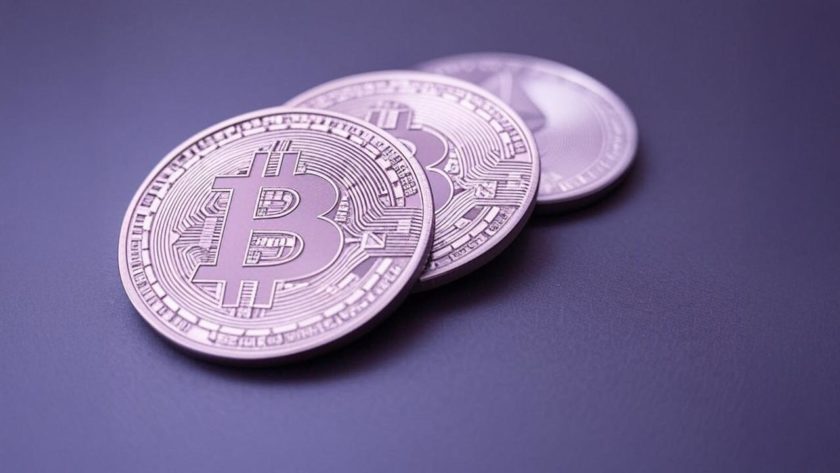Bitcoin (BTC) has spent much of the last week in freefall, sinking to a low of $8,520, just as the Coronavirus outbreak prompts widespread panic in the financial world due to its potentially cataclysmic impact on the global economy. This negative correlation between a global crisis and the value of the world’s largest cryptocurrency is fuelling doubts that Bitcoin may not actually be a safe haven asset, as previously thought.
A safe haven asset is an investment that investors turn to during times of market volatility and instability, in order to “weather the storm,” and are typically immune to market volatility or may even perform better. For example, gold is the archetypal safe-haven asset as it is a physical commodity, cannot be printed like money, and its value is not impacted by interest rate decisions made by a government. Bitcoin had recently been viewed as a possible safe-haven asset as its value has increased in times when the global economy looks vulnerable.
However, Bitcoin has seen about 15% of its value wiped out since February 11, just as COVID-19 began spreading outside of China, raising questions as to whether it can be considered a safe haven or not.“Bitcoin has been uncorrelated to other asset classes,” said crypto analyst at Coinist Research, Luke Martin. “If stocks drop, this does not mean bitcoin has to pump. If gold prices climb, this does not mean bitcoin will rise with it every time.”
>> Class-Action Lawsuit Threatens Ripple’s Established Market
The negative correlation between the value of Bitcoin and the outbreak of the Coronavirus indicates that crypto speculators have returned to assessing BTC based on its own metrics, given that its value isn’t derived from the same indicators as fiat currencies, like interest rates and GDP. Instead, Bitcoin is driven purely by demand, which is why it often remains steady while other markets look fragile.
Bitcoin’s current value is US$8,790.
Featured Image: DepositPhotos © spaxiax
If You Liked This Article Click To Share




